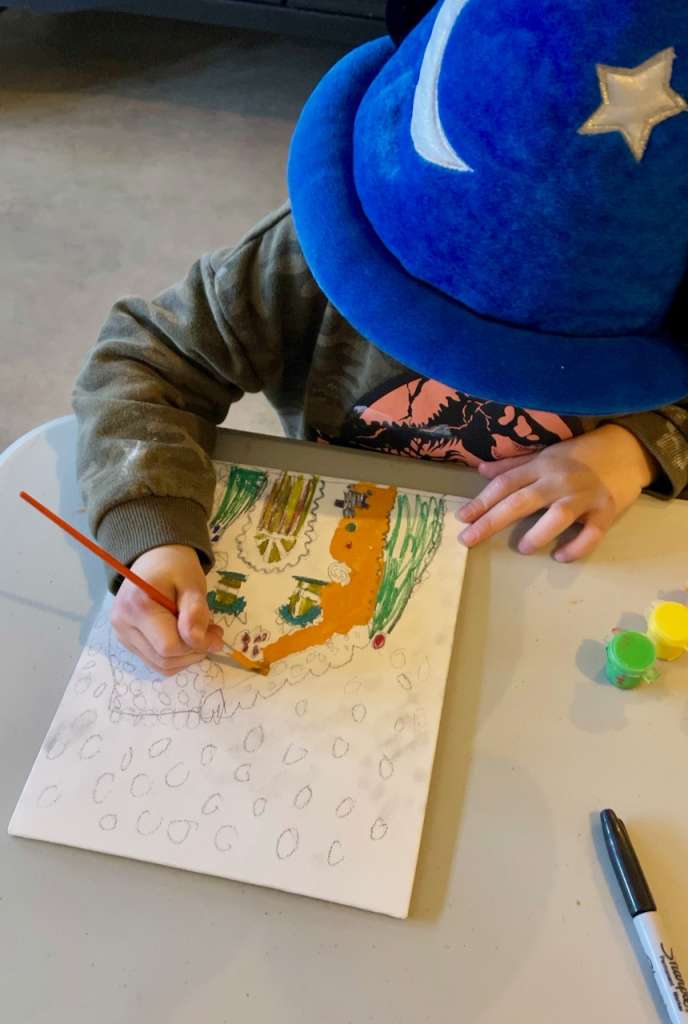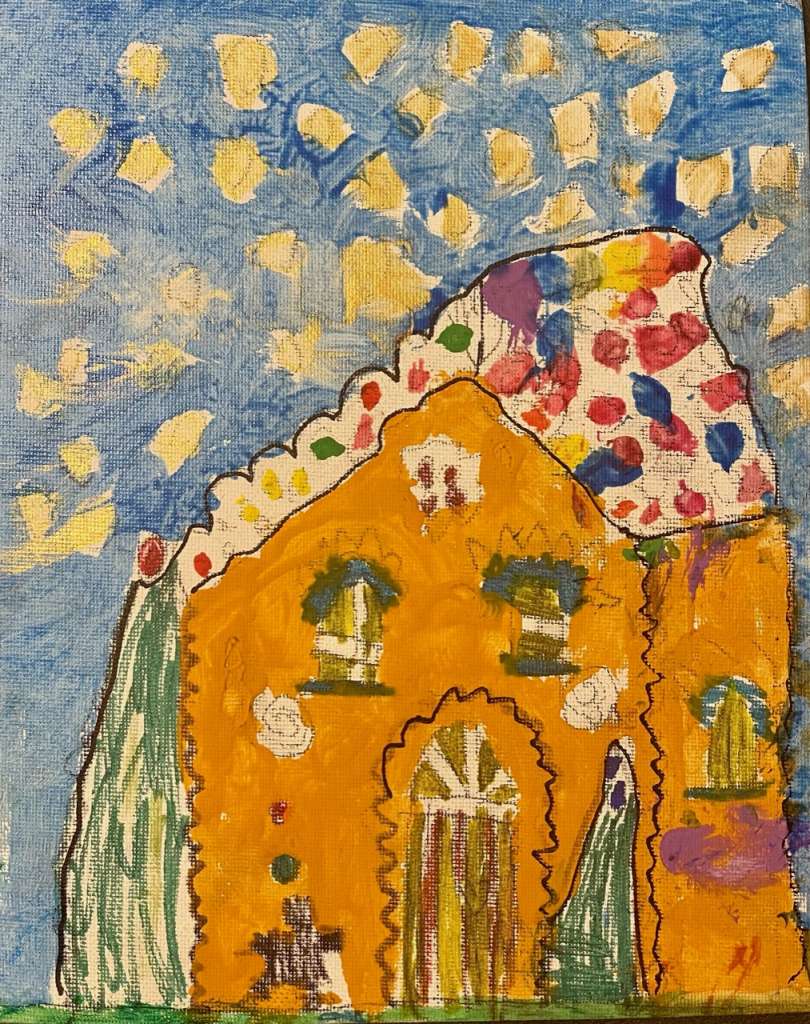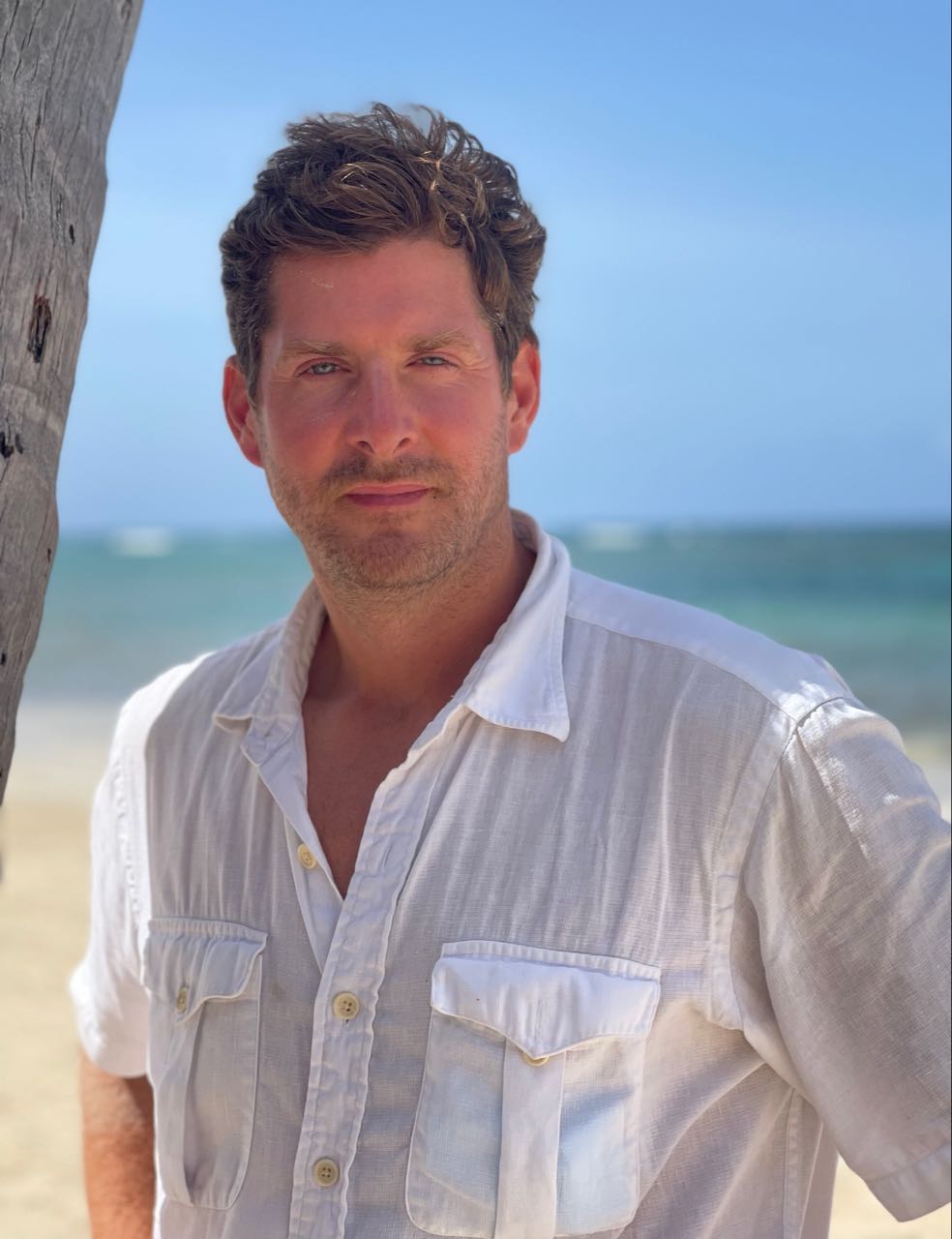I have a confession. I have aspirations for my children’s future. I want them to be successful in career and family. I want them to have financial stability; and I want them to be happy. This article considers checking parental bias and considers if it’s our aspirations or their interests that drive the conversations.
To what extent does my innate bias influence the interests or talents my children pursue?
We want the best for those we love, and we typically have preconceived view of what that entails. Those views represent a parental bias that might exist even if we’re don’t know it exists.
Consider my middle son, who is packed full of explosive energy. Yes, he likes to build Lego box sets, but he doesn’t play games or create lego worlds from scratch; he’s not into it. He was never into nature walks and is sporadic in most sit-down activities. Instead he likes to setup obstacle courses all around the house and enact The Floor is Lava or Ultimate Beast Master. As a scholar-practitioner of Creativity studies, I recognize the Creativity in how he has utilized the space and engaged his imagination to offer running commentary on his progress on each course. There is a crowd behind the TV chanting his name, and although they are silent, the whole setup is annoying and looks an absolute mess. This behavior is not the type of childhood creativity I have written about on this blog – parental bias!
Read Also: Education Gifted Children: Three Tips for Parents
I shared another story of parental bias during a debrief episode of the Fueling Creativity in Education podcast. It centered on a short conversation with my youngest about his future. When putting him to bed, he said “Daddy, when I grow older I’m going to be an Art Man.” I’m his parent, so I think he’s brilliant; his Math is impressive, his problem-solving and intuition are incredible, and he likes to make physical objects during games.
“Daddy, I want to be an Art Man”
When he shared his desire to be an artist, I wasn’t upset about his interest in the arts but instead was taken back by my feelings in response to his innocent comment. It was weird, I don’t recall ever thinking much about his future career, but his expressed interest seemed to clash with how I had perceived his skills and potential in the world. The idea of him drawing and painting – his two favorite activities – wasn’t something that seemed to fit with an unknown silent narrative I had obviously developed about his future.
Why? I don’t know because I hadn’t imagined a career for him, but at the same time, my feelings suggested a preference existed somewhere deep in my subconscious. It was a knee jerk reaction, a feeling that something wasn’t right with his expressed interest to be an art man.
Was I concerned about a starving artist stereotype – I work in a School of Fine Arts?
Did I think it was too early for him to express an interest – I recognize the value of knowing your skills and interests early.
So what provoked these feelings? Although I might not have a specific profession, my observation of my son’s skills and talents must contribute to a collection of aspirations I have about his future. Checking my parental bias is important because I influence his learning environment. Consider summer camps; should I send him to Art Camp or Sports Camp? I will make the decision. What about toys for the holidays, the museums we visit; all of these decisions can influence what interests are explored and supported during childhood.
As I conclude this article I consider the following question: to what extent does my innate bias influence the interests or talents my children pursue? Only time will tell, but it’s something I plan on monitoring as I work on checking parental bias in the future. I hope you will as well!
Fueling Creativity in Education
Subscribe on iTunes, Audible, or Spotify.


